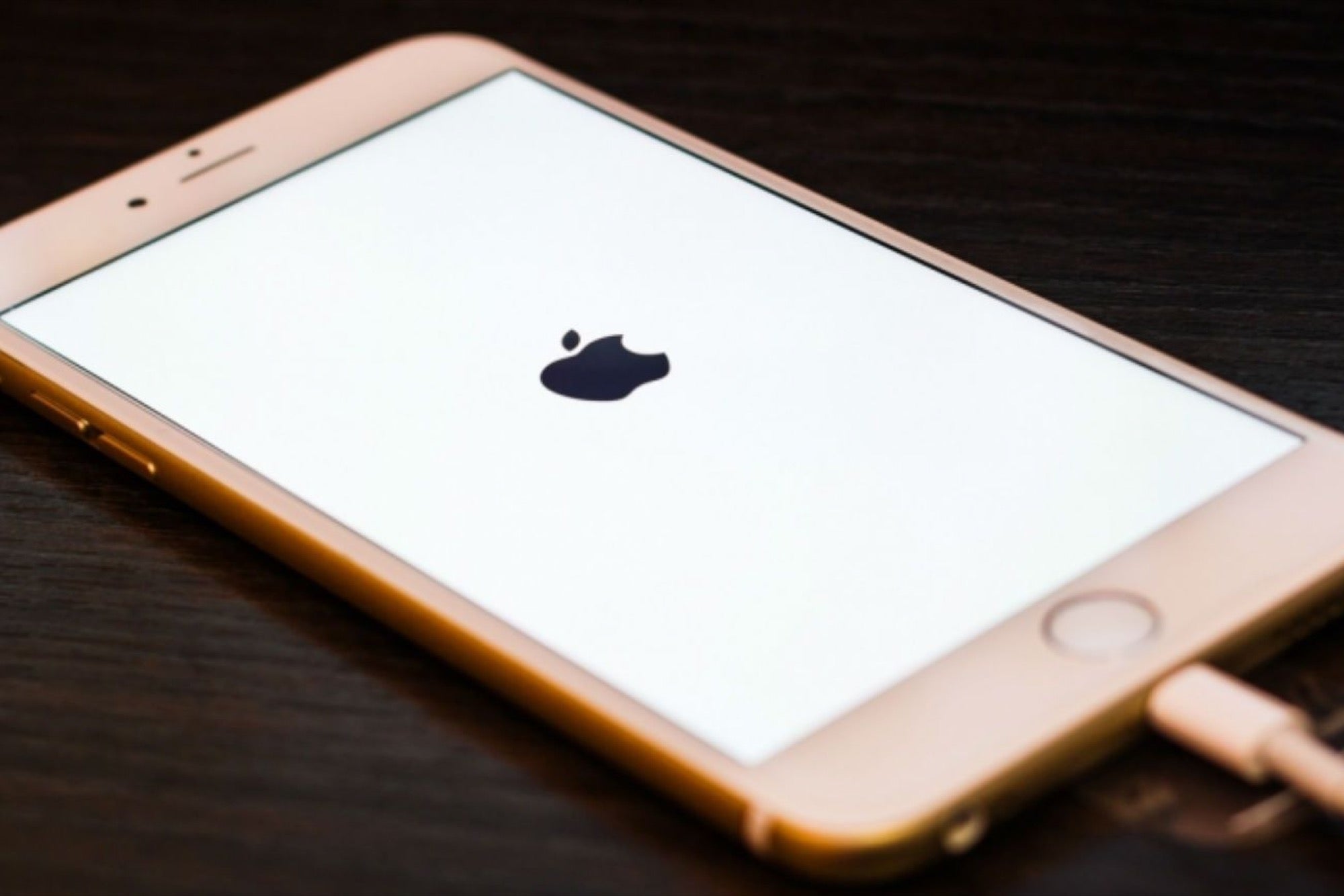How iPhone Has Changed the Way We Use Our Smartphones Several big companies have in the past tried to ape iPhone features, but, have failed to recreate its experience
By Nidhi Singh
Opinions expressed by Entrepreneur contributors are their own.
You're reading Entrepreneur India, an international franchise of Entrepreneur Media.

IPhone is undoubtedly one of the most popular products made by Apple that had also kicked a smartphone revolution.
The first generation iPhone was released on June 29, 2007, and there have been multiple new hardware iterations in the model since then.
Apple's best-selling smartphone has evolved a lot over the decade. Several big companies have tried in the past to ape iPhone's features, replicate its hardware and software designs. But, they have failed to make an impact, in the sense that iPhone's sale has remained unaffected.
Let's take a look at how iPhone changed the way we use our smartphone:
Siri
Apple's Siri, the intelligent personal assistant, became a trend since its release on iPhone 4S in 2011. Siri was originally released as a stand-alone application for the iOS operating system in February 2010 and, at that time, the developers were also intending to release Siri for Android and BlackBerry devices.
Two months later, Apple acquired Siri. On October 4, 2011, Apple introduced the iPhone 4S incorporating a beta version of Siri. The tech giant is looking forward to expanding the voice assistant's functionality with more types of third party apps.
iMessage
Apple's default messaging service iMessage allows users to send texts, documents, photos, videos, contact information, and group messages over Wi-Fi, mobile phone Internet or other forms of Internet access to other iOS or macOS users, thereby providing an alternative to standard messaging for most people using Apple devices running on iOS 5 or later versions.
Recently, the company announced its plans to bring the message service to its cloud platform, which also means that you can keep a backup of your text messages on your iphone.
Touch ID
The Touch ID, a fingerprint identity sensor in iPhone, is an easy way to use your fingerprint instead of a password for many common operations. With just a touch of your finger, the sensor quickly reads your fingerprint and automatically unlocks your device.
The sensor uses advanced capacitive touch to take a high-resolution image from small sections of a fingerprint, from the sub-epidermal layers of the skin. After Apple's introduction of Touch ID in 2013, other major smartphone makers started including fingerprint scanning in their high-end phones in 2014 and 2015, starting with the Samsung Galaxy S5.
Safari Web Browser
Safari is the inbuilt web browser developed by Apple, based on the WebKit engine. It was first released in 2003 in Mac OS X Panther. Later, a mobile version was included in iOS devices since the introduction of the iPhone in 2007. The private browsing is the best feature of Safari that maintains a user's privacy by clearing the individual's web browsing history. The browser also has many security features, which enhances the safety factor in the browsing experience.












